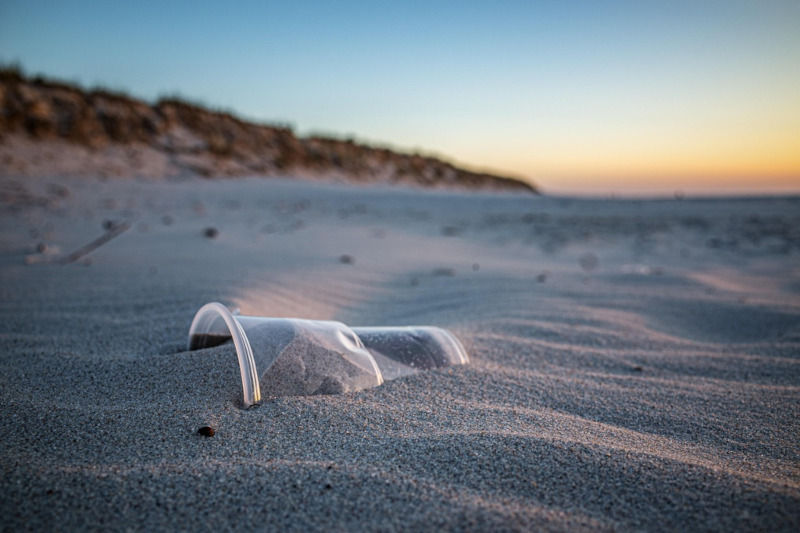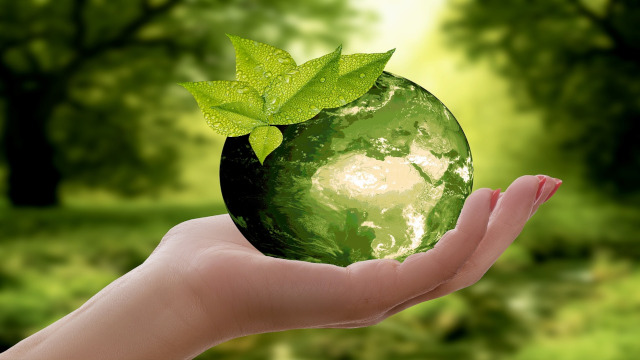In recent years, sustainability has become one of the key concepts in Italian food and wine culture. More and more restaurateurs, producers, and consumers are paying close attention to the environmental impact of their choices, promoting an ethical and conscious approach to food.
One of the strongest trends in 2025 is the development of practices aimed at zero waste and the adoption of biodegradable packaging. Food companies are replacing plastic containers with compostable or recyclable materials, while restaurants are choosing eco-friendly options for both take-out and delivery.

At the same time, “circular” recipes are becoming increasingly popular—those that make use of every part of the ingredients, even the ones that are usually discarded. From artichoke leaves to broccoli stems, from peels to cheese rinds, nothing is wasted anymore: everything can be turned into a resource. This approach not only reduces waste, but also sparks creativity in the kitchen and brings back traditional techniques.
Another key aspect is the recycling of natural resources, especially water. Many professional kitchens are adopting filtration and reuse systems for washing and cooking, drastically reducing water consumption.
Sustainability is no longer an optional choice, but a shared necessity. Environmental consciousness adds value to Italian products, which are increasingly sought after abroad for their quality and responsibility.
Because to innovate also means to respect the planet—without ever compromising on taste excellence.
